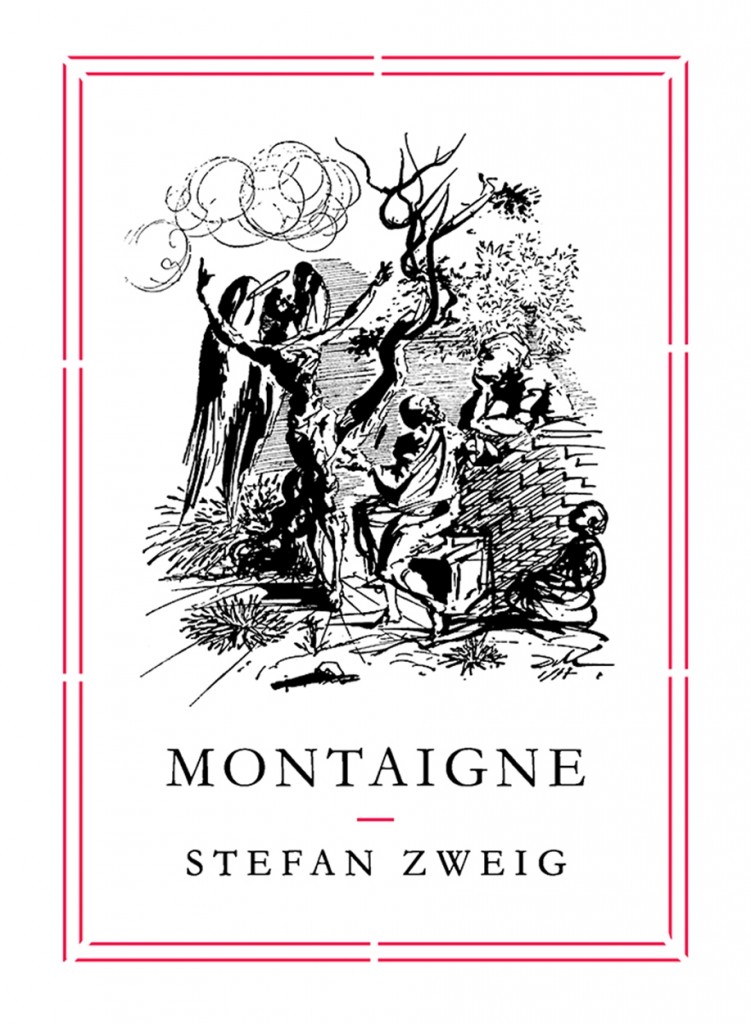Hillary and Montaigne: knowing when to stop
Readers of this blog may know that PP factor 5 is ‘positive choice’. That is, one of the five factors that explain why women work below their competence level is their capacity/willingness to choose not to go up one further rung on whatever career ladder they are on, even though they could (probably/possibly) do so.
By ‘positive’ choice, I mean a decision that is, as far as we can tell, a free one, not driven by the prospect of grumpy partner unwilling to increase their share of the childcare. It would be good, incidentally, if more men made such choices; for one thing it would reduce the instances of the Peter Principle (people climbing to their level of incompetence).
I’ve recently come across two pieces which illustrate, from very contrasting angles, the kinds of issue that PP 5 illuminates. The first was a Guardian piece by Mary Dejevsky. Dejevsky is an admirer of Hillary Clinton, but she urges her to desist from running for the White House. The headline for the piece reads: I’m a Hillary Clinton fan. But I hope she bows out with grace. Dejevsky worries that Hillary is carrying too much baggage, and may get beaten, for the nomination or in the election. She runs through her many achievements and qualities, and concludes:
“It is a distinguished and remarkable career, but it is now time to call it quits, while the decision is still hers to make.”
If Hillary followed this advice, she would meet a tidal wave of disapproval and disappointment from those who hope that she will break the barrier and become the first female POTUS. But what a fine example this would be of positive choice.
Now for something completely different. I’ve just finished reading Stefan Zweig’s short book – the last he wrote – on Montaigne, in a very readable new translation published by Pushkin House. The translator, WIll Stone, also provides an illuminating introduction; I for one had no idea of the sheer range of Zweig’s writings. Apparently Zweig stumbled across Montaigne’s Essais in the villa in Brazil to which he fled in 1940 (and where he and his wife died in a double suicide in 1942). He became fascinated by Montaigne, and wrote a short but very coherent appreciation – his last work.
Montaigne is best known for retiring to his circular tower and contemplating life from its second floor. Zweig argues that his extensive self-contemplation is very different from the egoism and arrogance of which Pascal accused him. Instead, this self-regard is a way of understanding himself and how he should live. (Montaigne eventually left his tower and devoted himself to public service, inspire of acute pain from kidney stones.)
Montaigne believes that people should pursue their passions and ‘strive for the fullness, the limits of enjoyment, but not exceed them.’ As Zweig puts it:
“One must not alls oneself to be impelled by a sense of duty, overriding passion or naked ambition, to go beyond one’s natural capacity; one should endlessly weigh the genuine value of things and not overestimate them; one should stop when the enjoyment stops. One should safeguard a clear-sighted mind.”
I doubt that Hillary has the time, or even the inclination, to read Montaigne, but she might find something to ponder there.

